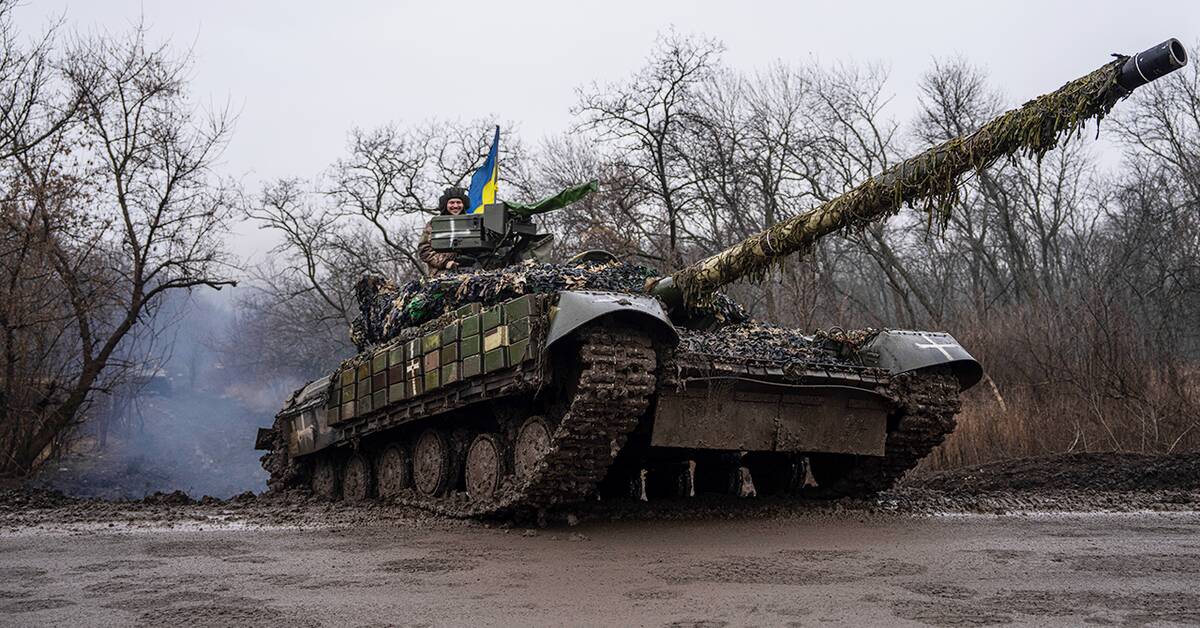This week, Iltalehti removed 33 articles after uncertainties about the work of a Ukraine-based writer. Several of the texts contained images from places and times other than those stated.
"As a result, there is reason to doubt the veracity of the other articles," the newspaper writes.
The employee was hired as a "fixer" and translator on site in Ukraine. When the war broke out, he began to write his own lyrics.
"He had a good network and successfully brought our journalists to the front," writes Iltalehti's editor-in-chief.
Why not own journalists?
According to journalism professor Gunnar Nygren, who has researched source criticism and the war in Ukraine, there is a trend of fewer own reporters and more purchased material. The media does not dare to send people to war. Instead, they pass the risk on to freelancers. But there is also a risk that journalism will suffer.
"Those who sell materials have a greater interest in dramatizing and improving than an employee who is not dependent on selling.
But it is also an economic issue.
"Foreign reporting is expensive. It is cheaper to buy from freelancers, although you may not know what the freelancer really stands for.
Information warfare and journalism
Gunnar Nygren believes that the war over information is becoming increasingly important for all parties. You want to spread information that benefits your own page, and editors must relate to that.
"It also speaks to having our own employees with knowledge and experience who can balance this.
In his research, he sees that newsrooms rely very much on news agencies to verify the information they receive. But it's hard even for them, especially when the information comes from social media.
"The most important thing is to build up your own knowledge and let reporters specialize. This increases the chance of finding alarm bells.
SVT has sought Iltalehti's editor-in-chief.
Javascript is disabled
Javascript must be turned on to play video
Learn more about browser support
Over 90 percent of the war reporting takes place from Sweden and not on site in Ukraine, says Gunnar Nygren, author of the report and professor emeritus of journalism. Photo: SVT

